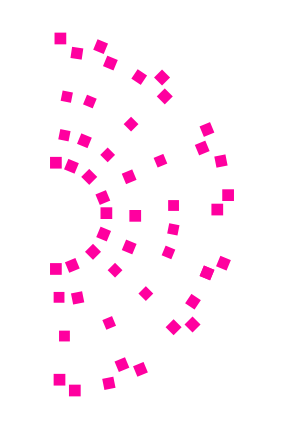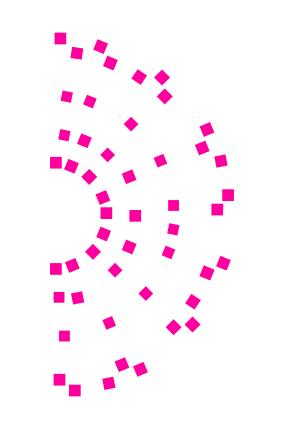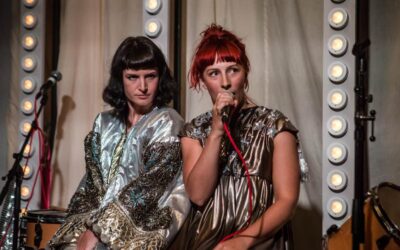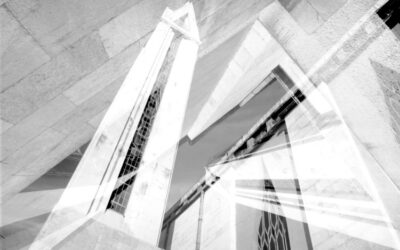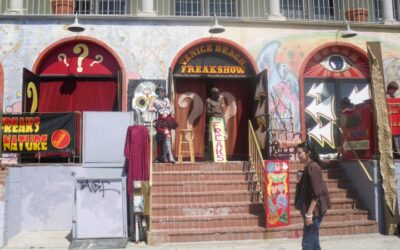No Results Found
The page you requested could not be found. Try refining your search, or use the navigation above to locate the post.
Sometimes genre is dealt with explicitly: a riveting gallop into Oliver Frljić’s 2008 piece Turbofolk is one of the most exciting offerings of this collection, and allows the non-adept to engage through performance with one of the most powerful and misunderstood genres to have emerged out of Europe in the past 50 years, mixing folk tradition, trash culture and war in intoxicating and also very toxic ways. What is especially noteworthy here is that this is not a show in but very much a show about a genre – which is to say, about a culture, about a historical moment, about a way of interpreting and understanding the world – and thus an act of cross-artform ‘translation’ which not only takes seriously music, but also takes seriously theatre in the most political sense. Perhaps even more importantly – and this is something we also see in Lucy McCormick’s practice – Turbofolk takes an extremely popular and in its own way ‘mainstream’ genre into the realm of underground or experimental performance, positing the experimental stage as a particular kind of analytical arena with its unique investigative, experiential mode.
The idea of genre as an exploratory key appears in our work with Little Bulb and RashDash – companies that habitually release their music as recording artists – both speak at length of their shows as forays into single genres, suiting the material and the stories they want to tell to certain musics. This is also an overt interest in our interview about Electrolyte (2018), itself a multi-genre show, in which music is inseparable from mental state and geographical place: the North of England is folk, London is techno, industrial beats and clanging sounds. Equally but in a different key, in their Salon about music and urban space, Katie Beswick and Javon Johnson explore the sounds of Los Angeles and London, particularly in relation to class and race. The Canadian duo Quote Unquote tie genre to gender in ways that might be worth exploring: is techno masculine? Or is it that music technology has traditionally been a masculine domain? Someone happily invested in undoing this kind of unhelpful binary is Melanie Wilson, whose Gallery interview here is of particular interest for those looking for some radical rethinks at the intersection of sound, gender and technology.
Christopher Brett Bailey – another recording artist – also deals with genre explicitly in his discussion of punk, post-punk and eventually noise: we titled his interview ‘Forever at this Volume’ precisely for how the volume of the sound and the volume of the writing interlace in his work, with sonic and musical space mirroring mental space and physical space. Punk is an explicit interest in Krista Bonello Rutter Giappone’s book exploring the UK alternative comedy scene vis à vis its punk scene. Of course what we have here is a politics; but we also have a working method – the heralded spirit of DIY – which is returned to in the key of comedy also in Olly Double’s Salon conversation with Josie Long. The DIY-comedy-punk triangulation sets a series of fascinating thoughts in motion, as does the fact of thinking together the ideas of DIY, gig theatre, and post-punk – a declared focus of Duška Radosavljević’s work. How genre plays out in these two sets of intentions is worthy of our attention, especially in relation to the political project of the two, sharply delineated by Simon Reynolds in terms of ‘gestures of outrage’ vs. ‘the prosaic labour of maintaining an underground culture’ (Reynolds 2005: 11). One thing is ripping it up, another is starting again. Where does the theatre stand, as an art form and as ‘scene’, in all of this?
In other cases genre is not a question but a method, a sine qua non. This is especially the case for hip hop, which as Kasia Lech argues in her Library is as close as we have to verse on the contemporary stage. A lot of work on verse and hip hop exists in this collection: the textual and poetic possibilities of rap as a form, and the collagistic and imagistic openings of hip hop production are essential to the work of Conrad Murray, Matthew Xia, and the Q Brothers, and provide a backbone to their respective Gallery conversations. AD Carson has submitted a hip hop album as a PhD thesis, and elaborates on this in a Library interview, and Julian Henriques brings forth the idea of rap as antiphony in his conversation with Andrej Mirčev, ‘Dramaturgy as Sonic Warfare’.
Finally, music is sometimes so deeply tied into some artists’ work that genre taxonomies don’t seem to fit. The soundscapes of Sleepwalk Collective and Silvia Mercuriali for instance, fit their theatre so tightly that it’s almost as if the theatre itself were the music, or at least we are in presence of theatre that functions as music in its dramaturgical construction. DJing as method is something discussed by numerous artists in this collection, many of which are DJs, but personally it is Sammy Metcalfe’s notion of DJing I find the most conceptually refreshing for rethinking the stage vs. the club: imagining a performance as a kind of abstract ambient mix – a continuously evolving mix of voices, found sounds and atmospheres – is persuasive as a dramaturgical apparatus. Another point worth mentioning here is the way sound is mixed in Sleepwalk’s performances, which Metcalfe offers a deep reflection on. We might ask, how does one mix a piece of theatre? Where are the highs, the bass, the mids and why might a piece of theatre distort? David Roesner’s work on theatre-music vs. musical theatre is a useful instrument here, and indeed, Roesner’s salon with Nicholas Stemann and Katarina Rost brings to the table some interrogatives regarding music’s dual dramaturgical function on Stemann’s stage (and elsewhere) as both compositional tool and affective register. And it is here, towards the end of the salon, that Neue Deutsche Welle – a personal favourite as far as genres go – rears its head in the track ‘Plexiglas, Plexiglas’, definitely one of the funniest tracks we get to listen to on the entire auralia.space website.
Works Cited
Reynolds, Simon (2005) Rip it Up and Start Again: Post-Punk 1978-1984, London: Penguin.
